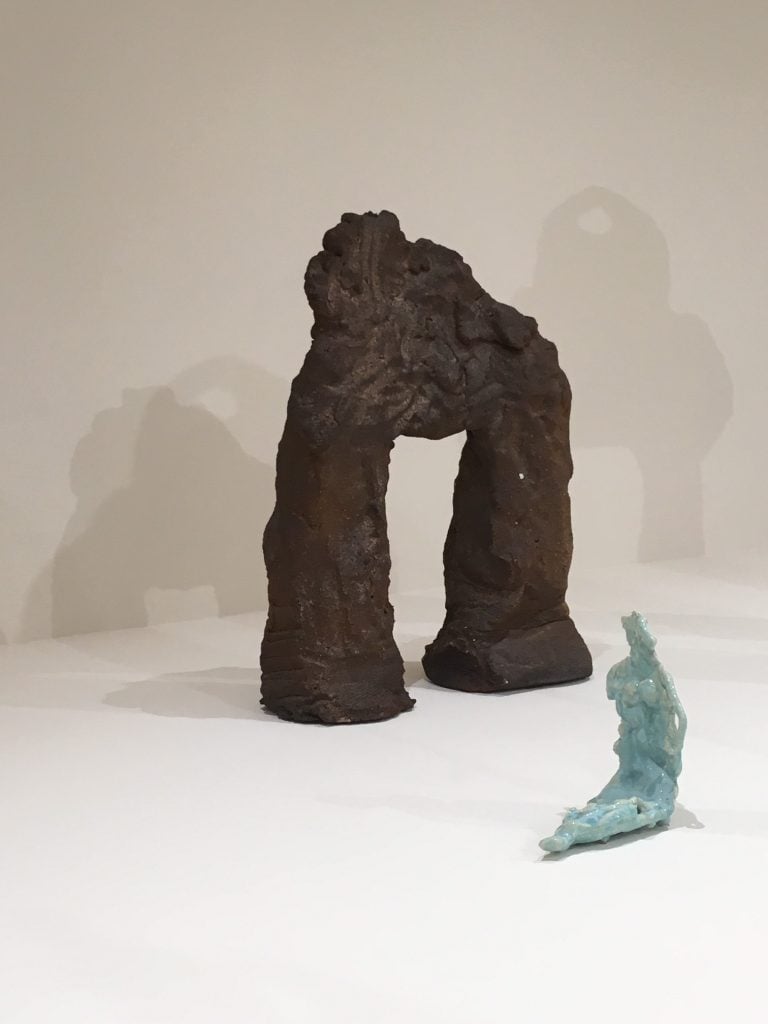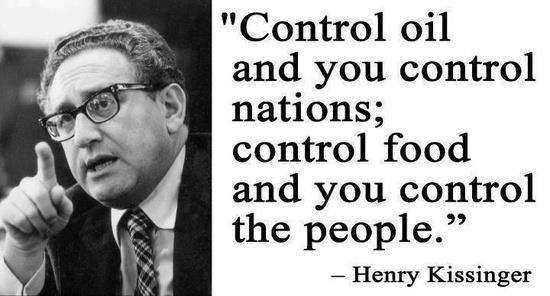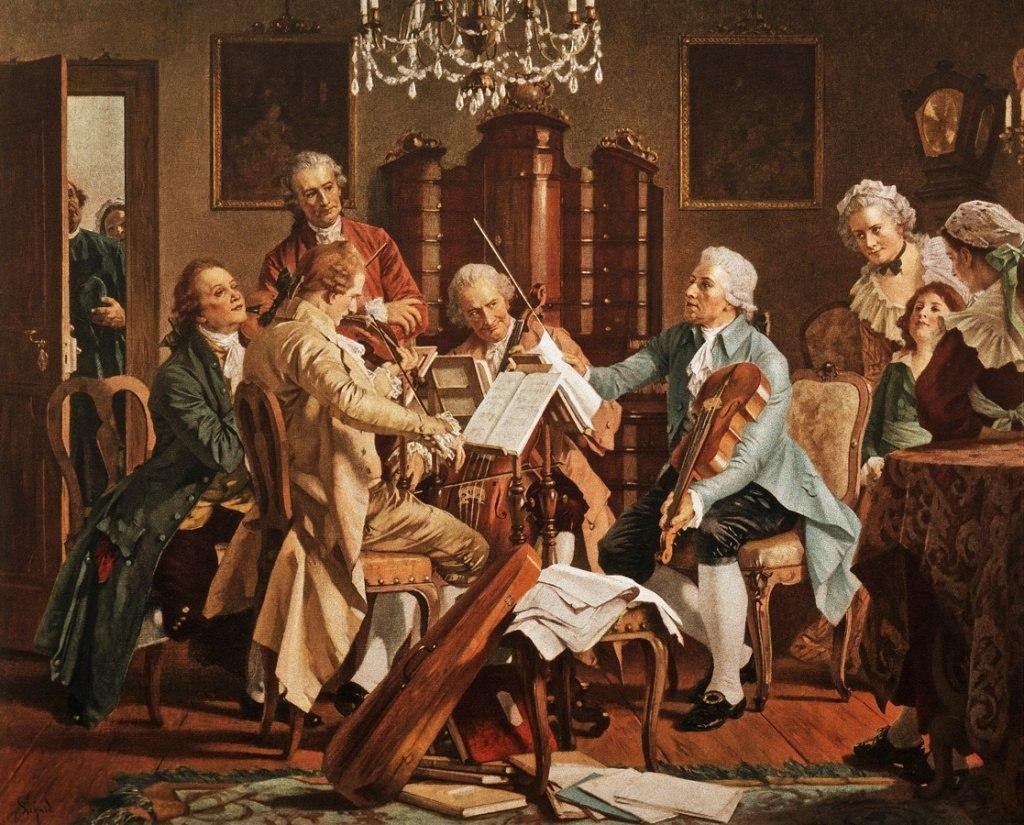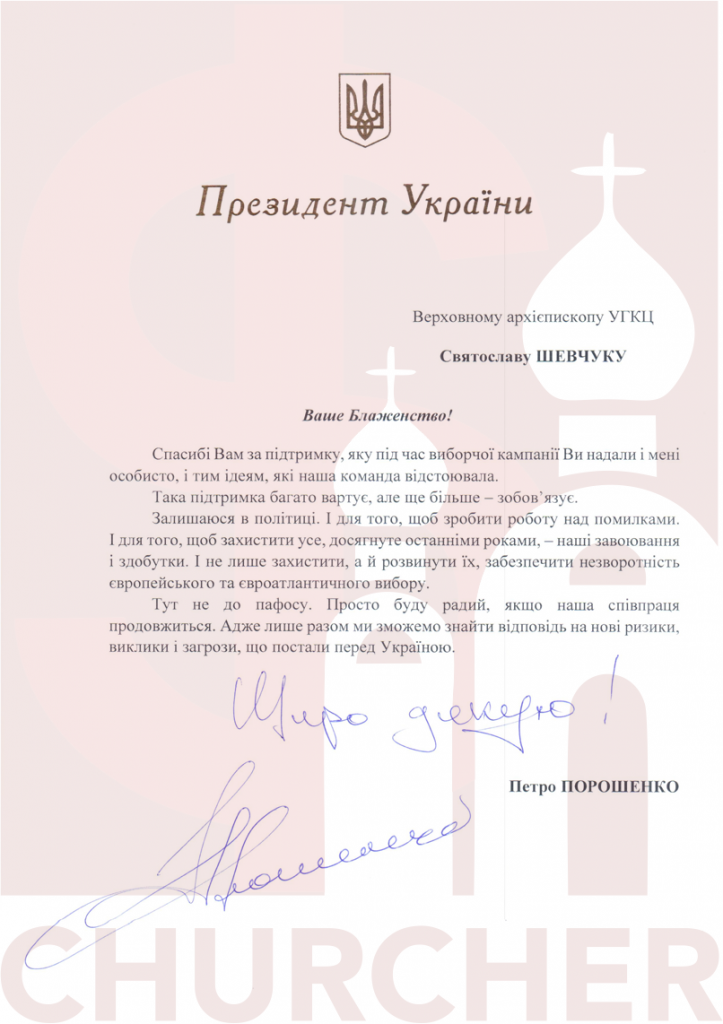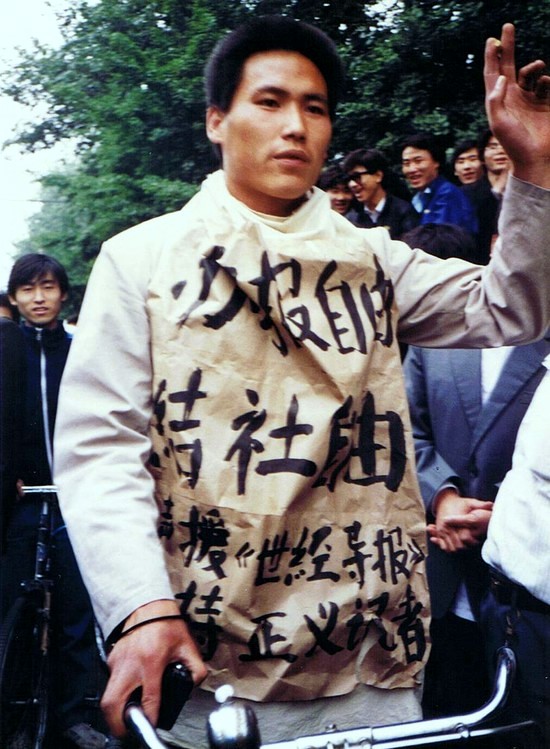In 2019, the World Bank (WB) and the IMF will be 75 years old. These two international financial institutions (IFI), founded in 1944, are dominated by the USA and a few allied major powers who work to generalize policies that run counter the interests of the world’s populations.
The WB and the IMF have systematically made loans to States as a means of influencing their policies. Foreign indebtedness has been and continues to be used as an instrument for subordinating the borrowers. Since their creation, the IMF and the WB have violated international pacts on human rights and have no qualms about supporting dictatorships.
A new form of decolonization is urgently required to get out of the predicament in which the IFI and their main shareholders have entrapped the world in general. New international institutions must be established. This new series of articles by Éric Toussaint retraces the development of the World Bank and the IMF since they were founded in 1944. The articles are taken from the book The World Bank: a never-ending coup d’état. The hidden agenda of the Washington Consensus, Mumbai: Vikas Adhyayan Kendra, 2007, or The World Bank : A critical Primer Pluto, 2007.
After the Second World War, in a growing number of Third World countries, policies diverged from those of the former colonial powers. This trend encountered firm opposition from the governments of the major industrialised capitalist countries whose influence held sway with the World Bank (WB) and the IMF. WB projects have a strong political content: to curtail the development of movements challenging the domination/rule of major capitalist powers. The prohibition against taking “political” and “non-economic” considerations into account in WB operations, one of the most important provisions of its charter, is systematically circumvented. The political bias of the Bretton Woods institutions is shown by their financial support to dictatorships ruling in Chile, Brazil, Nicaragua, Congo-Kinshasa and Romania.
Anti-colonial and Anti-imperialist movements in the Third World
After 1955, the spirit of the Bandung Conference (Indonesia) [1] spread a mighty wind across much of the planet. It followed in the wake of the French defeat in Vietnam (1954) and preceded Nasser’s nationalisation of the Suez Canal. Then came the Cuban (1959) and Algerian (1954-1962) revolutions and the renewed Vietnamese liberation struggle. In more and more Third World countries, policies implemented were a rejection of the former colonial powers. This often meant import substitution and the development of policies turned towards the internal market. This approach met with firm opposition from the governments of the major industrialised capitalist countries, who held sway at the WB and the IMF. A wave of bourgeois nationalist regimes carrying out populist policies (Nasser in Egypt, Nehru in India, Peron in Argentina, Goulart in Brazil, Sukarno in Indonesia, N’Krumah in Ghana…) and outright socialist regimes (Cuba, People’s Republic of China) appeared on the scene. In this context, WB projects have an underlying political purpose: to thwart the development of movements challenging domination by major capitalist powers.
World Bank intervention powers in national economies
As early as the 1950s, the WB established a network of influence that was to serve it greatly in later years. In the Third World, the WB sought to create demand for its services. The influence it enjoys nowadays is to a large extent the outcome of the networks of agencies it built up in States that became its clients and, by so doing, its debtors. The WB exercises a real policy of influence to support its network of loans.
From the 1950s onward, one of the primary goals of WB policy was “institution building”. This most often meant setting up para-governmental agencies based in the WB’s client countries. [2] Such agencies were expressly founded as relatively financially independent entities with respect to their own governments and outside the control of local political institutions, including national parliaments. They became natural relays for the WB and owed it a great deal, including their very existence. And in some cases, their funding.
Establishing such agencies was one of the WB’s primary strategies to get a foothold in the political economies of Third World countries.
These agencies, operating according to their own rules (often developed on the basis of WB suggestions) staffed with WB-backed technocrats, were used to create a stable and trustworthy source for the WB’s needs: “viable” loan proposals. They also provided the WB parallel power bases through which it succeeded in transforming national economies, and entire societies, without going through the bother of democratic control and open debates.
In 1956, the WB founded the Economic Development Institute with significant backing from the Ford and Rockefeller Foundations. The Institute offered six-month training courses to official delegates from member countries “Between 1957 and 1971, more than 1300 officials had passed through EDI, a number of them already having risen to the position of prime minister or minister of planning or finance in their respective countries”. [3]
This policy had disturbing implications. The New-York based International Legal Center (ILC) study of WB policy in Colombia from 1949 to 1972 concluded that the independent agencies founded by the WB had a profound impact on the political structure and social development of the entire region, undermining the political party system and minimising the role of the legislative and judicial branches.
From the 1960s on, the WB has certainly found singular and novel means of continual involvement in the internal affairs of borrower countries. And yet, the WB vigorously denies that such involvement is political. It insists on the contrary that its policies are unrelated to power structures and that political and economic matters are separate spheres.
How political and geopolitical considerations influence WB lending policy
Article IV section 10 stipulates: “The WB and its officers shall not interfere in the political affairs of any member; nor shall they be influenced in their decisions by the political character of the member or members concerned. Only economic considerations shall be relevant to their decisions, and these considerations shall be weighed impartially in order to achieve the purposes (set by the WB) stated in Article I.”
Nevertheless, the WB has found many systematic means of getting round the prohibition on taking “political” and “non-economic” considerations into account in its operations, one of the primary stipulations of its charter. From its very beginnings, the WB refused loans to post-liberation France as long as there were Communists in the government. The day after they left the government in May 1947, the loan France had requested, blocked until then, was granted. [4]
The WB has repeatedly contravened article IV of its own statutes. In truth, the WB has made many choices based on political considerations. The quality of governments’ economic policies is not the determining element in its choices. The WB has often lent money to the authorities in countries despite the dismal quality of their economic policies and a great deal of corruption: Indonesia and Zaire are two cases in point. Specifically, WB choices relative to countries that play a major political role in the eyes of its major shareholders are regularly linked to these shareholders’ interests and outlooks, starting with the United States.
From 1947 to the collapse of the Soviet bloc [5], WB and IMF decisions were determined in large part by the following criteria:
- avoid shoring up self-reliant models;
- provide funding to large-scale projects (WB) or policies (IMF) enabling the major industrialised countries to increase exports;
- refuse to help regimes seen as a threat by the United States government or other important shareholders;
- attempt to modify the policies of certain governments in the so-called socialist countries so as to weaken the cohesion of the Soviet bloc. This is why support was granted to Yugoslavia, which had dropped out of the Moscow-dominated bloc from 1948, or to Romania from the 1970s at the time when Ceaucescu was attempting to distance himself from the Comecon and the Warsaw Pact;
- support strategic allies of the Western capitalist bloc and in particular of the US, (i.e.: Indonesia from 1965 to the present day, Mobutu’s Zaire, the Philippines under Marcos, Brazil under the dictators after the 1964 coup, dictator Somoza’s Nicaragua, Apartheid South Africa);
- attempt to avoid or to limit as far as possible, closer links between Third World countries and the Soviet bloc or China: for example, by distancing the USSR from India and Sukarno-era Indonesia.
To carry out this policy, the WB and the IMF have generalised a tactic: greater flexibility towards right-wing governments (less demanding in terms of austerity measures) facing a strong left opposition than to left-wing governments facing strong opposition from the right. Concretely, that means the IFI are more demanding and make life more difficult for left-wing governments to weaken them and ease the right’s path to power. According to the same logic, the IFI have made fewer demands on right-wing governments facing a left-wing opposition to avoid weakening them and preventing the left from coming to power. Monetarist orthodoxy has variable geometrics: the variations depend on many political and geopolitical factors.
Some concrete cases – Chile, Brazil, Nicaragua, Zaire and Romania – provide cases in point: these are choices by both the WB and the IMF since these choices are determined, overall, by the same considerations and subject to the same influences.
The IMF and WB did not hesitate to support dictatorships when they (and other major capitalist powers) found it opportune. The author of the Human Development Report published by UNDP (1994 edition) says so in black and white: “But rhetoric is running far ahead of reality, as a comparison of the per capita ODA received by democratic and authoritarian regimes shows. Indeed, for the United States in the 1980s, the relationship between aid and human rights has been perverse. Multilateral donors also seem not to have been bothered by such considerations. They seem to prefer martial law regimes, quietly assuming that such regimes will promote political stability and improve economic management. After Bangladesh and the Philippines lifted martial law, their shares in the total loans given by the WB declined”. [6]
IFI political bias: examples of financial support to dictatorships
Support to General Augusto Pinochet’s dictatorship in Chile
Graph 1. CHILE: The multilateral disbursements

Under Allende’s democratically elected government (1970-1973), Chile received no WB loans. Under the Pinochet government, after the 1973 military coup, the country suddenly became credible. And yet, no WB or IMF leader could fail to be aware of the deeply authoritarian and dictatorial nature of the Pinochet regime. The link between lending policies and the geopolitical context is blatant in this case.
Chile, under the democratically elected government of Salvador Allende (1970 -1973), did not receive any loans from the WB but under Pinochet, after the military coup of 1973, the country suddenly became credible. And yet, no leader of WB or IMF was unaware of the deeply authoritarian and dictatorial character of the Pinochet regime, which everybody said criminal. The link between the politics of loan and the geopolitical context is obvious in this case. One of McNamara’s principal assistants, Mahbub ul Haq, drafted in a memorandum, in 1976, a very critical note entitled “The WB’s mistakes in Chile” [7] with a view to modifying the orientation of the WB. It reads: “We failed to support the basic objectives of the Allende regime, either in our reports or publicly”. McNamara decided to ignore it. [8] Mahbub ul Haq tried, unsuccessfully, to persuade the management of the WB to suspend loans to Pinochet until such time as it should be “reasonably satisfied that Pinochet’s government is not merely restoring the unstable elitist economic society”. He adds that Pinochet’s policies have “worsened the country’s distribution of income”. [9]
Support for the Brazilian military junta after the overthrow of President Joao Goulart
Graph 2. BRAZIL: The World Bank disbursements

President Joao Goulart’s democratic government was overthrown by the military in April 1964. WB and IMF loans, suspended for three years, resumed very soon afterwards. [10]
A brief timeline: in 1958, Brazilian president Kubitschek was about to undertake negotiations with the IMF to gain access to a loan of 300 million dollars from the United States. In the end, Kubitschek refused the IMF-imposed conditions and did without the US loan. This earned him wide popularity.
His successor, Goulart, announced that he would implement a radical land reform programme and proceed to nationalise petroleum refineries: he was overthrown by the military. The United States recognised the new military regime one day after the coup. Not long afterwards, the WB and IMF resumed their suspended lending policy. As for the military, they rescinded the economic measures the United States and the IMF had criticised. Note that the International Financial Institutions were of the view that the military regime was taking sound economic measures. [11] Yet, the GDP fell 7% in 1965 and thousands of firms declared bankruptcy. The regime organised harsh repression, outlawed strikes, caused a dramatic drop in real wages, and eliminated direct ballot voting, disbanded trade unions and made systematic use of torture.
After his first trip in May 1968, McNamara visited Brazil regularly and made a point of meeting the military rulers. The WB’s public reports systematically praised the policies of the dictatorship in reducing inequalities. [12] However, inside the WB, the discussions took a bitter turn. When Bernard Chadenet, Vice-President of Project at the WB, declared that the WB’s image would suffer due to its support of the repressive government of Brazil, McNamara recognized that there was a tremendous amount of repression but he added that it “is not necessarily a great deal different from what it had been under previous governments, and it did not seem to be a lot worse than in some other member countries of the WB. Is Brazil worse than Thailand?” [13] Some days later, Mc Namara added that “No viable alternative to the Government by generals seemed open”. [14] The WB was well aware that inequalities would not diminish and that its loans in the agricultural sector would reinforce the big landowners. Nevertheless, it decided to maintain the loans because it absolutely wanted to get the government under its influence. Now, at this juncture, the WB ran into a patent failure: the military regime proved extremely wary of the WB’s desire to strengthen its presence. Finally, at the end of the 70s, they took advantage of a profusion of loans from international private bankers granted at a lower rate of interest than that of the WB.
After supporting Anastasio Somoza’s dictatorship, the WB called off its loans after the Sandinista, Daniel Ortega, was elected as president of Nicaragua.
Graph 3. NICARAGUA: The World Bank disbursements

The Somoza clan had held power since the 1930s thanks to United States military intervention. On 19 July 1979, a powerful popular movement overthrew the dictatorship and dictator Anastasio Somoza was forced to flee. The Somoza family had a stranglehold on a huge proportion of the country’s wealth and encouraged the implantation of large foreign firms, especially from the US. The people hated them. The WB had showered loans on Anastasio Somoza’s dictatorship. After the dictatorship fell, an alliance government brought together the traditional democratic opposition (led by top businessmen) and the Sandinista revolutionaries. The latter made no secret of their sympathy for Cuba nor their desire to undertake certain economic reforms (land reform, nationalisation of certain foreign firms, confiscation of Somoza clan landholdings, a literacy programme…). Washington had supported Anastasio Somoza to the bitter end but feared that the new government might spread communism in Central America. The Carter administration, in office when the dictatorship was overthrown, did not immediately take an aggressive stance. But things changed overnight when Ronald Reagan moved into the White House. In 1981, he announced his commitment to bring down the Sandinistas. He provided financial and military backing to a rebellion by former members of the National Guard (“Contrarevolucionarios” or “Contras”). The US Air Force mined several Nicaraguan ports. Faced with such hostility, the Sandinista majority government opted for more radical policies. During the 1984 elections, the first democratic ones in half a century, the Sandinista Daniel Ortega was elected president with 67% of the ballot.
The following year, the United States called a trade embargo against Nicaragua, isolating the country in relation to foreign investors. The WB had halted its loans from the time of the Sandinista presidential election victory. The Sandinistas actively urged the WB to resume its loans. [15] They were even ready to accept a draconian structural adjustment plan. The WB decided not to follow up on this and did not resume the loans until the Sandinista electoral defeat in February 1990, when Violeta Barrios de Chamorro, the US-backed conservative candidate, won the vote.
Support to the Mobutu dictatorship
Graph 4. CONGO-KINSHASA (ZAIRE UNDER MOBUTU): The World Bank disbursements

As early as 1962, a report by the United Nations Secretary-General revealed that Mobutu had looted several million dollars, earmarked to finance his country’s troops. In 1982, a senior IMF official, Erwin Blumenthal, a German banker and an ex-governor of the Bundesbank, wrote a damning report on Mobutu’s administration of Zaire. Blumenthal warned the foreign lenders not to expect repayment as long as Mobutu remained in power. Between 1965 and 1981, the Zairean government borrowed approximately 5 billion dollars abroad and between 1976 and 1981, its foreign debt was subject to four Paris Club rescheduling measures amounting to 2.25 billion dollars in all.
Mobutu’s gross economic mismanagement and systematic misappropriation of a portion of the loans did not result in the IMF and WB halting aid to his dictatorial regime. It is striking to observe, that after the Blumenthal report was submitted, WB payouts actually increased [16] (as did IMF payouts but they are not shown on the graph). It is clear that sound economic management criteria are not the deciding factor in WB and IMF decisions. Mobutu’s regime was a strategic ally of the United States and other influential powers in the Bretton Woods institutions (including France and Belgium) during the Cold War. After 1989-91, with the fall of the Berlin Wall followed soon after by the implosion of the Soviet Union, Mobutu’s regime was no longer worthy of interest. Moreover, in many African countries, including Zaire, national conferences were making democratic demands. WB loans started to dry up, and ceased completely in the mid-1990s.
WB support to the Ceaucescu dictatorship in Romania
Graph 5. ROMANIA: The World Bank disbursements

In 1947, Romania was brought into the Soviet bloc. In 1972, Romania was the first Soviet satellite country to join the WB.
Since 1965, Ceaucescu had been Secretary-General of the ruling Communist Party. In 1968, he criticised the USSR’s invasion of Czechoslovakia. Romanian troops did not take part in the Warsaw Pact operation. This distancing from Moscow clearly made up Washington’s mind to contemplate closer ties with the Romanian regime, through the WB.
As early is 1973, the WB undertook negotiations with Bucharest to determine a loan policy; very soon this reached a very appreciable level. In 1980, Romania became the eighth most important WB borrower. WB historian Aart van de Laar tells a significant anecdote from 1973. Early that year, he attended a meeting of the WB directors, with the beginning of loan grants to Romania on the agenda. Certain directors were sceptical of the lack of thorough studies on Romania, but Robert McNamara declared he had great trust in the financial morality of socialist countries in terms of debt reimbursement. The story goes that one of the WB Vice-Presidents attending piped up to ask whether Allende’s Chile had perhaps not yet become socialist enough. [17] This met with McNamara’s stony silence.
WB choices did not depend on reliable economic criteria. First, while the WB has regularly refused loans to countries that had failed to repay old sovereign debts, it began lending to Romania although the latter had not settled disputes over outstanding debts. Secondly, most of Romania’s economic exchanges took place within the Comecon in non-convertible currency. How could the country reimburse debts in hard currency? Thirdly, from the outset Romania refused to hand over the economic data the WB required. Political considerations were obviously the reason for the WB developing close relations with Romania. The lack of internal democracy and systematic police repression were no greater a stumbling block for the WB in this case than in others.
Romania became one of the WB’s biggest clients and the latter financed large-scale projects (open-face coal mines, thermal electric generators) whose negative impact in environmental terms was patently obvious. To operate the open-face coal mines, the Romanian authorities displaced former farming communities. In another field, the WB supported the population planning policy whose aim was a higher birth rate.
In 1982, when the debt crisis came to the fore internationally, the Romanian regime decided to impose shock therapy on its people. Romania slashed its imports to the bone to come up with the surplus in hard currency to pay off its foreign debt as soon as possible. “Romania was, in a sense, a “model” debtor, at least from the creditors’ point of view” [18] .
Conclusion
Contrary to section 10 of article 4 of the World Bank charter, the latter and the IMF have systematically lent to States in order to influence their policies. The examples given in this study show that the political and strategic interests of the major capitalist powers are determining factors. Regimes with the backing of major capitalist powers have received financial aid even though their economic policies did not meet official International Financial Institution (IFI) criteria or they failed to respect human rights. Furthermore, regimes seen as hostile to the major powers were deprived of IFI loans on the pretext that they were failing to respect the economic criteria set by these institutions.
These policies of the Bretton Woods institutions, far from being abandoned at the end of the Cold War, continue to the present day. They have supported Mohammed Suharto’s Indonesia until his fall in 1998, Idriss Deby’s Chad until the present day, Tunisia under Ben Ali until he was deposed in 2011, Egypt under Mubarak until he was ousted in 2011 and now under Marshal Al-Sissi…
*
Note to readers: please click the share buttons above or below. Forward this article to your email lists. Crosspost on your blog site, internet forums. etc.
Translated by Marie Lagatta and Sushovan Dhar in collaboration with Vicki Briault.
Eric Toussaint is a historian and political scientist who completed his Ph.D. at the universities of Paris VIII and Liège, is the spokesperson of the CADTM International, and sits on the Scientific Council of ATTAC France. He is the author of Bankocracy (2015); The Life and Crimes of an Exemplary Man(2014); Glance in the Rear View Mirror. Neoliberal Ideology From its Origins to the Present, Haymarket books, Chicago, 2012 (see here), etc.
Notes
[1] Indonesian president Sukarno called the Bandung Conference in 1955, launching the non-aligned movement. Sukarno, Tito and Nehru were leaders who gave a voice to Third World hopes to overcome the old colonial system of rule. Here is an excerpt from Sukarno’s speech at the conference opening: “We are often told “Colonialism is dead.” Let us not be deceived or even soothed by that. 1 say to you, colonialism is not yet dead. How can we say it is dead, so long as vast areas of Asia and Africa are unfree. (…). Colonialism has also its modern dress, in the form of economic control, intellectual control, actual physical control by a small but alien community within a nation. It is a skilful and determined enemy, and it appears in many guises. It does not give up its loot easily. Wherever, whenever and however it appears, colonialism is an evil thing, and one which must be eradicated from the earth”. (Source: Africa-Asia speaks from Bandung, (Djakarta, Indonesian Ministry of Foreign Affairs, 1955, p.19-29 ).
[2] Bruce Rich quotes as examples of agencies founded through the World Bank: in Thailand, Industrial Finance Corporation of Thailand (IFCT), Thai Board of Investment (BOI), the National Economic and Social Development Board (NESDB) and the Electrical Generating Authority of Thailand (EGAT) ; in India, National Thermal Power Corporation (NPTC), Northern Coal Limited (NCL). (see Bruce Rich, p.13 and 41).
[3] Rich, op. cit. p. 76. Also see: STERN Nicholas and FERREIRA Francisco. 1997. “ The World Bank as ‘intellectual actor’ ” in Kapur, Devesh, Lewis, John P., Webb, Richard. 1997. The World Bank, Its First Half-Century, Volume 2, p.583-585.
[4] See Kapur, Devesh, Lewis, John P., Webb, Richard. 1997. The World Bank, Its First Half Century, Volume 1: History, Brookings Institution Press, Washington, D.C., p. 1218
[5] The period coinciding with the Cold War.
[6] UNPD. 1994. Human Development Report, p.76
[7] Mahbub ul Haq, “The Bank’s mistakes in Chile”, April 26, 1976.
[8] Kapur, Devesh, Lewis, John P., Webb, Richard. 1997. The World Bank, Its First Half Century, Volume 1, pp. 301
[9] Memorandum, Mahbub ul Haq to Robert S. McNamara, “Chile Country Program Paper – Majority Policy Issues”, July 12, 1976.
[10] An analysis of the facts summarised below is found in: Payer, Cheryl. 1974. The Debt Trap: The International Monetary Fund and the Third World, Monthly Review Press, New York and London, p. 143-165.
[11] In 1965 Brazil signed the Stand-By Agreement with the IMF, received new credits and had the United States, several European creditor nations and Japan restructure its debt.
After the military coup, loans rose from zero to an average of 73 million US dollars for the rest of the 1960s and reached almost half a billion US dollars per annum in the mid 1970s.
[12] Details in Kapur, Devesh, Lewis, John P., Webb, Richard. 1997. The World Bank, Its First Half Century, Volume 1: History, Brookings Institution Press, Washington, D.C., pp. 274-282
[13] World Bank, “Notes on Brazil Country Program Review, December 2, 1971” Details in Kapur, Devesh, Lewis, John P., Webb, Richard. 1997. The World Bank, Its First Half Century, Volume 1, pp. 276.
[14] Kapur, Devesh, Lewis, John P., Webb, Richard. 1997. The World Bank, Its First Half Century, Volume 1, pp. 276.
[15] Declaration of David Knox, Vice-President of the World Bank for Latin America: “One of my nightmares was what we would do were the Nicaraguans to start putting in place policies that we could support. I feared that political pressure, and not only from the United States, would be so great as to prevent us from helping the country” in Kapur, Devesh, Lewis, John P., Webb, Richard. 1997. The World Bank, Its First Half Century, Volume 1: History, note 95 p. 1058
[16] The historians of the Bank wrote that in 1982 : “ …lured by Mobutu’s guile and promises of reform and by pressures from the United States, France and Belgium, the Bank embarked on an ambitious structural adjustment lending program to Zaire” in Kapur, Devesh, Lewis, John P., Webb, Richard. 1997. The World Bank, Its First Half Century, Volume 1: History, p. 702
[17] Van de Laar, Aart. 1980. The World Bank and the Poor, Martinus Nijhoff Publishing, Boston/The Hague/London, p. 40.
[18] “Romania was, in a sense, a “model” debtor, at least from the creditors’ point of view” Kapur, Devesh, Lewis, John P., Webb, Richard. 1997. The World Bank, Its First Half-Century, Volume 1: History, Brookings Institution Press, Washington, D.C., p. 1061.
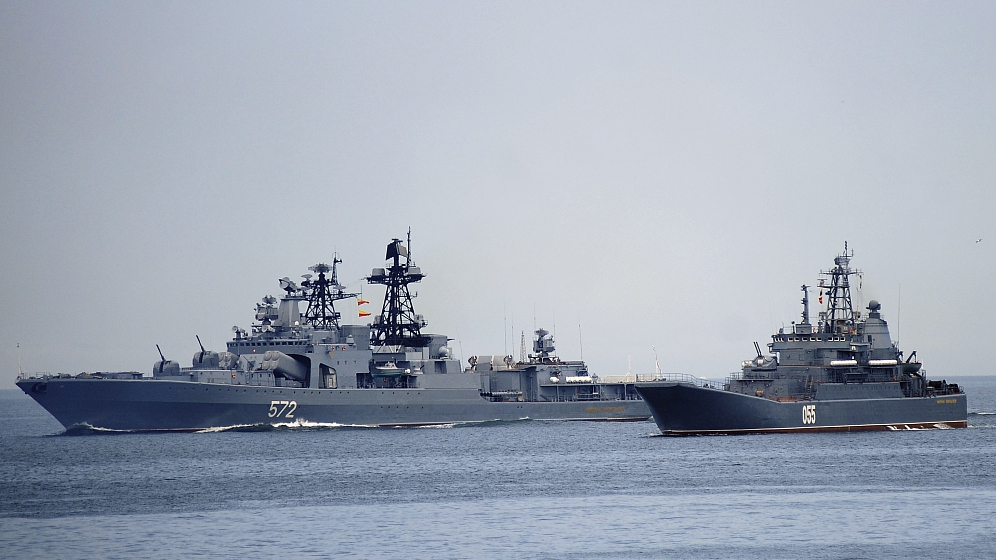
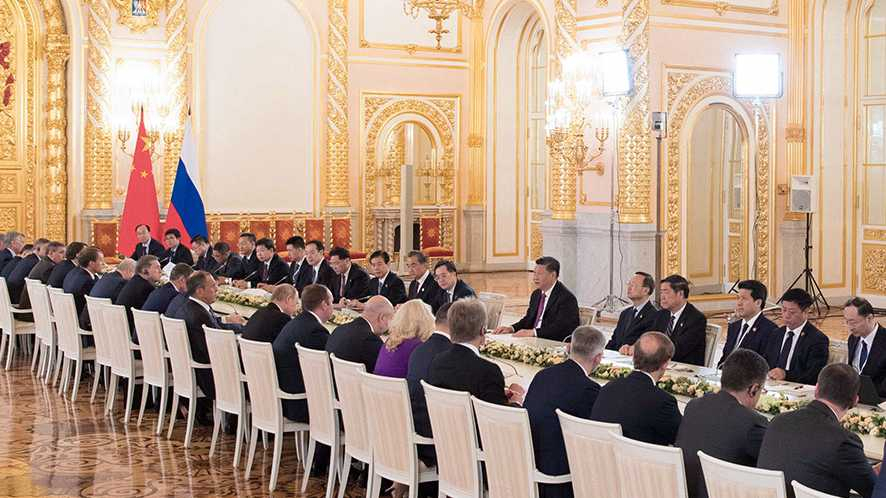

 “Is it an American ship?” “What do you mean American?” “No comment.”
“Is it an American ship?” “What do you mean American?” “No comment.” Bilderberg, in particular has evoked considerable intrigue in recent years, especially since the publication of Daniel Estulin’s 2005 book:
Bilderberg, in particular has evoked considerable intrigue in recent years, especially since the publication of Daniel Estulin’s 2005 book: 











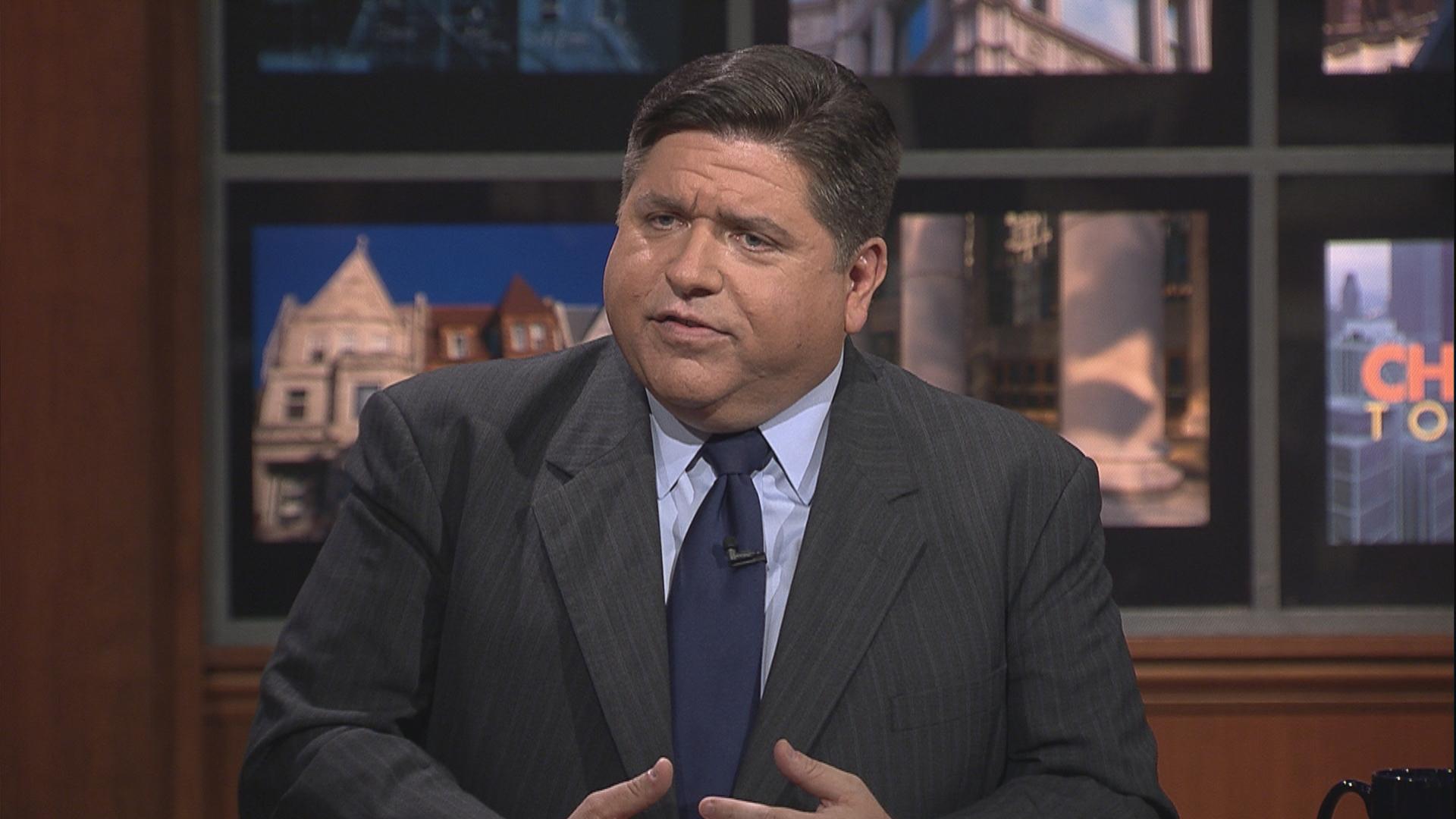

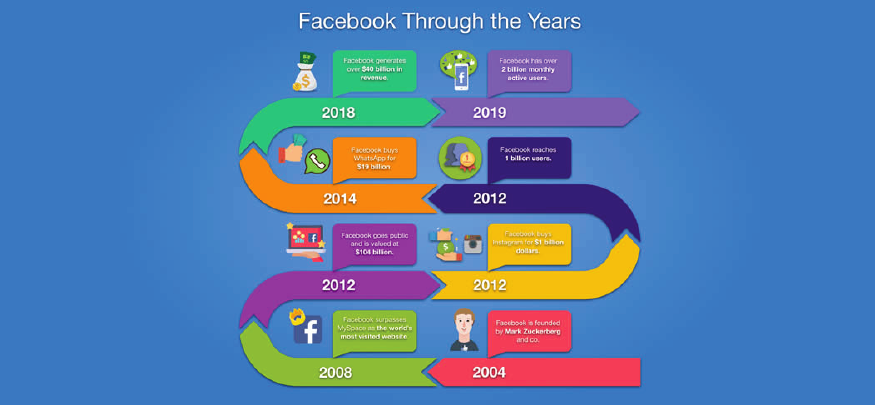

 n F. Kennedy
n F. Kennedy 
